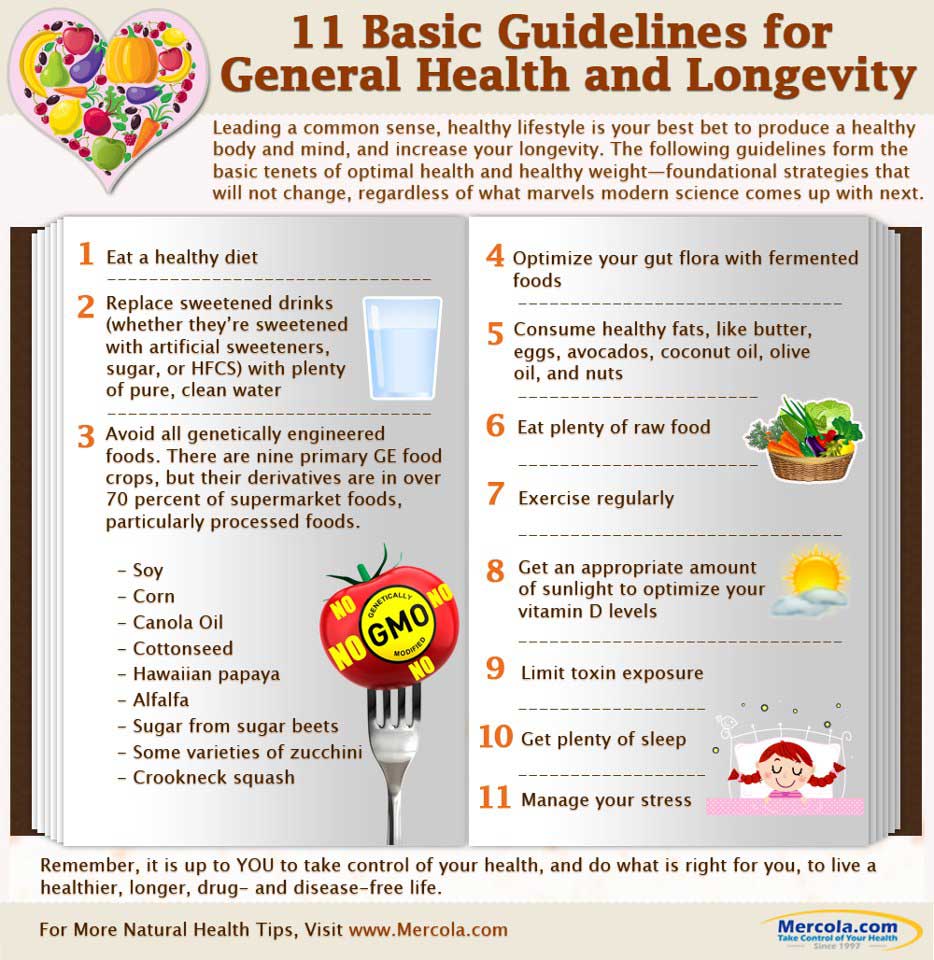Once again I have been reminded of a strange phenomenon which could, quite possibly, apply only to myself. But I'm not sure.
It's about being "adult." My late mother was an adult, the whole time I knew her. My father was, too, as were all of the grown-up relatives. They looked like adults and behaved like adults and thought like adults. They were responsible and serious and old.
Now, in certain ways, I am adult. I have the right age, for example. If age is the sole criterion, then I qualify, in spades.
When my best friend from college "partied up a storm" with me a few years ago, we revelled in the fact that we seemed so much more youthful than most of our agemates. She informed me in no uncertain terms that it was because we didn't have kids. We both swore up and down that we'd NEVER have 'em.
She stuck to her oath; I am now a single parent of a 2nd grader. According to my friend's theory, I ought to be a mature adult now, probably extra mature because I'm a single parent, right?
Well, wrong. I did the math and figured out how old I was when my mother was the age I am now. I remember my perception of her then. She was an adult, bigtime. She knew how to think and behave. If she had any immature leanings, she kept them well repressed. She was serious, she was sensible, she was disciplined, she was regular. She was never out of control. She was adult.
Let's start with appearance. I look disheveled. She looked prim and proper, even on days off. Her hair was neatly cut in a matronly style which was professionally fussed with once a week at the beauty parlor.
A female adult is expected to maintain a certain level of household order. My mother did, but she cheated. She had her own mother cleaning that house on a daily basis. I have the opposite: I have a male child and a Chihuahua wreaking havoc on a daily basis. The house is a constant wreck.
My mother, the adult, prepared dinner, served at 5pm sharp every day. It was a sensible meal, damnit, even if it was often nausea-inspiring. It featured meat, two vegetables, and desert if you earned it. You can guess at Betty's cooking habits. I'll whip up the amaranth if the child starts clamoring for food. If he won't eat it, he's welcome to forage. I like to sit by the window, reading, eating dry cereal out of the box. My mother's probably rolling.
But yesterday I noticed my thoughts (something I rarely do). My mind resembled that of an adolescent who is just starting to figure out how to fit into society. I was thinking, "Boy, she doesn't like me. She probably thinks I'm a loser, not worthy of her attention. I wonder what they said about me after I left the room? I wonder why she doesn't like me? Did I do a bad thing by leaving early, without a reasonable explanation? Will they shun me now? Where do I really fit in? Anywhere?"
My mother got over all that when she was in high school, or middle school, even. By the time she was my age, she was self-assured, knowing her place, accepting it, and playing her role obediently.
When I examine my mind, it truthfully doesn't seem different from when I was a teen. I am just as unsure now of where I fit in socially. Speculating, I can only guess that it's a result of living a fairly isolated life, devoid of family, away from home turf, relying on whichever friends will tolerate me at the time.
Friday, February 24, 2006
Saturday, February 11, 2006
The Past
My reaction to today's unexpected encounter is baffling. I'd love to figure out why reminders of my past always seem to inspire doldrums.
She did look familiar to me, but I couldn't imagine why. Then she came over and introduced herself as an acquaintance from a summer camp during high school. She had been shy; I had been shy. Two such people rarely befriend. I was able to recall her sweet disposition even though I hadn't known her well.
The sadness that overcame me was not about her. It was about missing my old life. Back then I had a mother. I had a best friend, Sandy. I had a family, far from perfect but family nonetheless. I lived where I had grown up, where I knew a bunch of people and even had relatives. My family was not strong, not close, but it was better than the nothing I have now.
I had big dreams. The sky was the limit. I knew I could become whatever, whomever, I wanted. Within the safety net, real or imagined, of my family, friends, school and community, I was free to dream, to choose and to thrive.
Going away to college was a rude awakening. Real life, away from support people, hit hard. I cried over the phone, asking my mother to come and get me. Wisely, she didn't. I stuck it out.
Then I got a job in the city I live in now. It was even farther from home, but it's difficult to get a job in my field. Scared, I hung around with anyone who'd have me, almost. It was bearable because my mother still visited often enough. She came here when I got sick, or when my laundry was piled up beyond belief, or when things got tough, really tough, like when my boyfriend committed suicide.
She was diagnosed with cancer of the pancreas and lived only eleven more months. To try to survive without her, I latched onto a new boyfriend, which proved to be a bad choice indeed. It's good that we eventually broke up.
I had friends, so I thought. But when my child entered the scene, those friends, all single and childless, fell by the wayside. This is a common phenomenon- single people don't unusually gravitate toward the "family-oriented."
At this point, I have no place to fit in. The parents I have met at my child's preschool, then elementary school, are all married, and they steer clear of single mothers.
Even so, most of the time I'm perfectly capable of playing whichever role is called for in our two-person drama: I'm usually the mother, sometimes the father, often the grandparent or the sibling. Once in a blue moon, my child actually attempts to take on an adult roll, when he can see that I'm totally spent. I guess there's no real reason for me to feel sorry for myself, since we're apparently functional. But, I see now why the memory jolt brings tears. People thrive better when surrounded by and supported by others. Hillary's right. It takes a village.
She did look familiar to me, but I couldn't imagine why. Then she came over and introduced herself as an acquaintance from a summer camp during high school. She had been shy; I had been shy. Two such people rarely befriend. I was able to recall her sweet disposition even though I hadn't known her well.
The sadness that overcame me was not about her. It was about missing my old life. Back then I had a mother. I had a best friend, Sandy. I had a family, far from perfect but family nonetheless. I lived where I had grown up, where I knew a bunch of people and even had relatives. My family was not strong, not close, but it was better than the nothing I have now.
I had big dreams. The sky was the limit. I knew I could become whatever, whomever, I wanted. Within the safety net, real or imagined, of my family, friends, school and community, I was free to dream, to choose and to thrive.
Going away to college was a rude awakening. Real life, away from support people, hit hard. I cried over the phone, asking my mother to come and get me. Wisely, she didn't. I stuck it out.
Then I got a job in the city I live in now. It was even farther from home, but it's difficult to get a job in my field. Scared, I hung around with anyone who'd have me, almost. It was bearable because my mother still visited often enough. She came here when I got sick, or when my laundry was piled up beyond belief, or when things got tough, really tough, like when my boyfriend committed suicide.
She was diagnosed with cancer of the pancreas and lived only eleven more months. To try to survive without her, I latched onto a new boyfriend, which proved to be a bad choice indeed. It's good that we eventually broke up.
I had friends, so I thought. But when my child entered the scene, those friends, all single and childless, fell by the wayside. This is a common phenomenon- single people don't unusually gravitate toward the "family-oriented."
At this point, I have no place to fit in. The parents I have met at my child's preschool, then elementary school, are all married, and they steer clear of single mothers.
Even so, most of the time I'm perfectly capable of playing whichever role is called for in our two-person drama: I'm usually the mother, sometimes the father, often the grandparent or the sibling. Once in a blue moon, my child actually attempts to take on an adult roll, when he can see that I'm totally spent. I guess there's no real reason for me to feel sorry for myself, since we're apparently functional. But, I see now why the memory jolt brings tears. People thrive better when surrounded by and supported by others. Hillary's right. It takes a village.
Subscribe to:
Posts (Atom)


